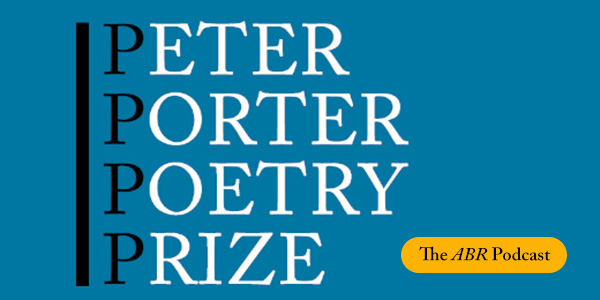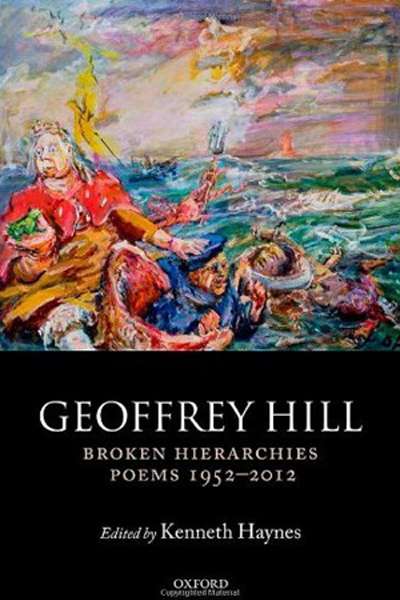Accessibility Tools
- Content scaling 100%
- Font size 100%
- Line height 100%
- Letter spacing 100%
Bridget Vincent
The ABR Podcast
Released every Thursday, the ABR podcast features our finest reviews, poetry, fiction, interviews, and commentary.
Subscribe via iTunes, Stitcher, Google, or Spotify, or search for ‘The ABR Podcast’ on your favourite podcast app.
2025 Peter Porter Poetry Prize Shortlist
Read by the poets
This week on The ABR Podcast we feature the 2025 Peter Porter Prize shortlisted poems, as read by the five poets, published in the January-February issue of ABR.
Recent episodes:
In this week’s ABR podcast we hear from the runner-up of the 2023 Calibre Essay Prize, Bridget Vincent. Calibre judges Yves Rees, Peter Rose and Beejay Silcox praised Bridget Vincent’s ‘Child Adjacent’ for its wryness and compassion. They noted that it broadened our understanding of the family and interrogated the terrors and moral dilemmas of raising children in the climate crisis. Bridget Vincent is a Lecturer in English at the Australian National University. Listen to her reading ‘Child Adjacent’, published in the June issue of ABR.
... (read more)I feel like I need to come out every day. I’m pushing the stroller, fishing out the dummy, pointing out dogs, but this isn’t what it looks like. At the playground or the checkout, I take the nods and maternal solidarity, staying inside the parenting illusion until it feels slightly disingenuous. I am not the mother. I am an aunt instead, if ‘instead’ is even the right word. There are categories – infertile, childless by circumstance, childless by choice – and within these, more specific groups like the Birthstrikers, who are publicly delaying procreation until there is climate action. Being an aunt of the Anthropocene is none of these, and all of them at once.
... (read more)Sydney writer Tracy Ellis is the winner of the 2023 Calibre Essay Prize. Her name will be very familiar to ABR readers: Tracy won the 2022 ABR Elizabeth Jolley Short Story Prize for her story 'Natural Wonder'. (She is the first person to win both Calibre and the Jolley Prize.)
... (read more)




